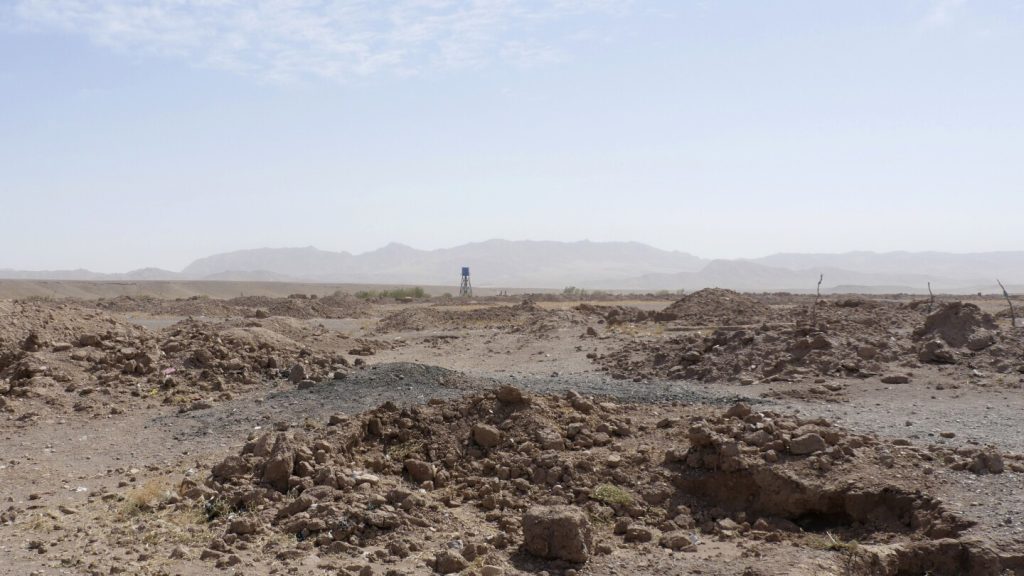A devastating earthquake struck western Afghanistan’s Herat province on October 7, 2023, causing significant damage and loss of life. The Taliban government estimated that at least 4,000 people perished, while the U.N. provided a lower figure of about 1,500. The earthquake, measuring 6.3 on the Richter scale, was the deadliest natural disaster to hit Afghanistan in recent memory. This event posed a major challenge for the Taliban, who have been struggling to govern a country facing economic hardship, isolation, and the aftermath of decades of war.
Survivors of the earthquake in Herat province were left to rebuild their lives amid the devastation. While the government initially provided assistance in the form of transportation for patients and the dead, as well as medical care and food, this aid was short-lived. Charities stepped in to provide housing for survivors, but the accommodations were lacking in privacy and vulnerable to environmental factors. Villages like Naib Rafi still lack essential services such as health clinics and schools, with children having to learn in tents.
The earthquake put further strain on public services in Afghanistan, with aid agencies grappling with limited resources amid global crises. International funding for Afghanistan has fallen short of its target, with changing political priorities and donor fatigue contributing to the funding gap. The Taliban’s treatment of women and girls has also complicated efforts to secure aid, as international recognition of the government remains uncertain. The reliance on aid organizations for basic necessities like healthcare and shelter has left communities vulnerable to future disasters.
The lack of preparedness for natural disasters in Afghanistan has raised concerns about the country’s ability to respond to future crises. In Herat province, authorities have struggled to meet humanitarian needs, while damaged infrastructure has hindered recovery efforts. Survivors like Gul Ahmad Osmani, who lost four children in the earthquake, continue to struggle with the trauma and lack of support. Despite initial assistance from the government and well-wishers, residents of Zinda Jan and other affected areas still face challenges in rebuilding their lives and addressing ongoing needs.
As the situation in Afghanistan remains unstable, with limited resources and ongoing conflicts, the impact of the earthquake continues to be felt by communities in Herat province. The need for sustained international support and investment in development assistance is crucial to help rebuild and strengthen Afghan communities. While challenges persist, the resilience and determination of the Afghan people in the face of adversity remain a testament to their strength and capacity to overcome obstacles.


